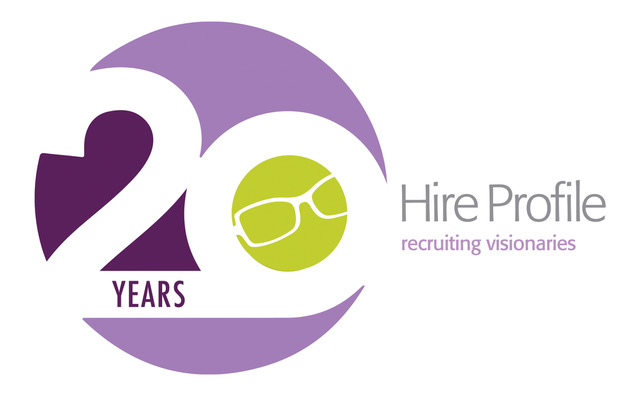Ooof! It hits you hard, the notice that your job no longer exists due to corporate restructuring or the loss of a major client. The news can leave you feeling stunned, hurt, bewildered, scared, and angry. You start to wonder if you could have done something to prevent it. The questions flood in: What if I’d worked harder? Maybe I was in denial and missed crucial signs it was coming? Am I disposable? What if this stigmatizes me? How long can I manage without a paycheck? What the heck just happened!?!
A lot of self-doubt and anxiety can seep in, which will ultimately do a real number on your mental health and confidence. The first thing you should remember and believe is that your self-worth is not dictated by your professional title or your employment status. At least it shouldn’t be. The second thing to remember is that the layoff was most likely beyond anything you could control. It’s not your fault. Really.
The other thing about all of this is that it takes time to process the event and feel ready to move forward. If you need to head out of town, talk to a counselor, up your yoga sessions or relax with friends and family, by all means, do it. And try to do it without feeling guilty. Of course, the overall processing time depends a lot on your severance package and financial situation, but it’s smart to maximize the newfound free time to your benefit.
Eventually, you’ll be ready to get back into the swing of things, which probably includes a job search and interviewing. UGH. We know, we know. It’s hard. The most important thing you can do is stay buoyant and upbeat throughout this process. Bad feelings and sneaky self-doubt can sabotage your efforts without you even realizing it, especially during an interview.
We’ve got you covered on navigating triggering interview questions.
Q: Why were you laid off?
Tip: Stay brief here. Succinctly and honestly relay the reason such as corporate restructuring, project contraction, client loss, etc. Expounding on details can lead you into the danger zone of losing focus and saying things that can be misconstrued as negative or whiney. If they want to know more, they’ll ask.
Q: What were some challenges you faced at your old job?
Tip: Tricky question. We recommend taking time to flesh out some examples. Write down a couple of bullet points and keep them at your disposal. Keep everything high-level and impersonal. For example, “the company had a siloed structure, which made communication challenging at times.” Try not to veer too far off course on this one otherwise, you could end up in bashing territory.
Q: I notice a gap on your resume, can you tell me about that?
Tip: Honesty is the best policy. A layoff is an obvious reason, but the subsequent time taken to reflect on your next move is legitimate, as well. Caring for family or a health issue is legitimate. COVID-19 impacts are legitimate. A sabbatical is legit and actually pretty awesome!
Q: Why did you leave your job after only xx months?
Tip: Again, brevity is best. If it was a layoff, then that’s your answer. If it wasn’t a good fit, then simply state it, and if the interviewer asks for further information keep it positive and brief. “It wasn’t a good fit, and I thought it in both of our best interests to move on in order to achieve our goals and do great work”.
Questions like these can bring up insecurities regarding your worth. They’re awkward and can even be embarrassing. You could get defensive. Avoid the nervous tendency to overexplain or overcompensate, as it can be misconstrued by the interviewer. Be sure to not disparage or criticize your past employer, no matter the circumstance. Practice answering these types of questions with a buddy or mentor. Get their feedback on how your answers might be received. Write your answers out and make bullet points for reference. Record yourself to get a sense of how you sound. Moving through these scenarios will arm you with confidence.
Most importantly, remember that your self-worth is never up for review. Step out boldly, and approach your next interview with a positive and upbeat attitude. Keep your goals in mind, focus on all the great skills you possess, and get clear on what you want your next employer to offer you in return.
You can do this! And if you’d like to start cultivating a lasting professional relationship with a recruiter, then give one of ours a shout.

